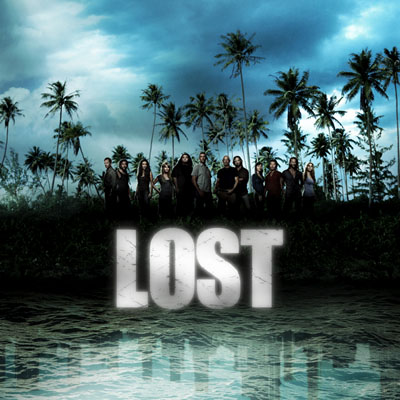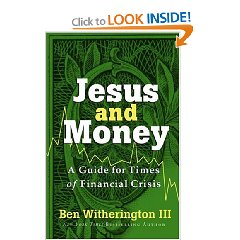We have been promised answers in this the sixth and final season which ends May 23, and the answers have begun to come. We now know that the smoke monster is simply one form that the evil spirit takes which has been constantly battling Jacob (the good spirit) since time immemorial. And while we are at it, ‘Christian’ the deceased father of Jack is one form that Jacob has taken on whilst trying to guide those on the island in the paths of righteousness. Confused? Well, let me just say, that if you have not been paying close attention for about five years now, you may expect to be thoroughly confused. And after last night, even if you have been keeping up, your mind may have melted like Velveeta in a microwave. The following are some clues to help you sort things out.
1) The narrative device being used in this climactic season is two time lines. This show has been doing some speculation on time travel for a long time (remember Daniel Faraday?) and this season is no different. The very beginning of the first episode last night sets things in motion— Jacob and the evil spirit are sitting on the beach in antiquity watch an old frigate out on the water which will eventually crash on the island, and the evil spirit is whining about the fact that human beings constantly screw up— its all blood and wars and hatred and killing, and it all ends the same to which Jacob retorts “It only ends once. Anything that happens before that is progress.” Herein lies the key to what one sees in the rest of the two hour premiere of the last season.
2) One timeline will pursue the possibilities of what if the Oceanic plane never crashed on the island— so we see Jack, and Locke and Rose and her husband and Hurley and Kate and Claire and Charlie landing safely in L.A. Only all is not right—Jack’s deceased father and coffin do not arrive, nor does Locke’s suitcase full of knives. And whilst Desmond was on the plane, he disappears. This story line will be pursued more next week.
3) Most of this week’s story line focuses for two hours on the other time line— the one we were left hanging with at the end of the last season— what happens if the crash of the plane really did transpire and all those gnarly things we’ve been told about for five years happened leading up to: 1) the detonation of a hydrogen bomb which ‘works’ to fix the time slipping problem but in the process kills Juliet; and 2) the killing of Jacob by Ben, but under the influence of the evil spirit masked as Locke, and 3) the death and resurrection of Sayyid, except that it is probably Jacob coming back in the body of Sayyid just as the evil spirit did in Locke’s body. So many story lines, so little time.
But the theology has gotten more complicated as well. The place of safe haven, the place where the badly wounded Sayyid had to be taken to be placed in the healing waters is a Temple. And yes, as one commentator has noted, it looks like a scene out of Indiana Jones and the Temple of Doom, only a little less gory. The Temple is the safe haven for those trying to escape the evil influence of the evil spirit. Expect an all out war between good and evil to ensue as Lockemonster is not a happy camper and he seems to be heading for the Temple.
At the bottom of all of this however is a profoundly theological message– the eternal question– have all things been destined in advance (remember Jack talking about ‘this is our destiny’) or as Jacob says to Ben— you have a choice, you have free will? While Calvinists and Fatalists may not like the answer this show comes up with to that question, I will just say— looks like human kind was destined to have free will (!), and so is responsible for its own moral choices. It can’t blame the smoke monster for them, nor can it simply attribute them to Jacob. It is a debate St. Paul would have enjoyed being a part of.
Whatever else one can say about this show, it raises interesting theological questions, even if some of the answer make you a little queasy. And in a world full of bad TV, its a good thing to have one interesting show that makes a person think theologically.


